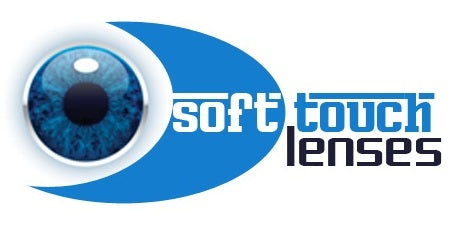Introduction:
When it comes to vision correction, the choice between glasses and contact lenses can be a perplexing decision. Numerous myths surround the debate, from questions about effectiveness to concerns about eye health. In this article, we aim to dispel these myths and provide a comprehensive guide to help you make an informed decision. Let's explore the advantages and disadvantages of both glasses and contact lenses, taking into consideration factors such as style, comfort, budget, and aesthetics.
Choosing Between Glasses and Contact Lenses: A Personal Decision
The decision to opt for glasses or contact lenses largely depends on individual preferences. Considerations such as style, comfort, budget, and aesthetics play a crucial role in this decision-making process. Before delving into the pros and cons, it's essential to recognize that neither option is inherently superior; each has its own set of advantages and disadvantages concerning vision, ease of use, and eye health.
Advantages of Eyeglasses: Clear Vision with Minimal Hassle
Eyeglasses offer several benefits over contact lenses. They require minimal cleaning and maintenance, eliminating the need to touch your eyes, and thereby reducing the risk of eye infections. Moreover, eyeglasses are a cost-effective solution compared to long-term contact lens usage, as they do not need frequent replacements.
Advantages of Contact Lenses: Unobstructed Vision and Versatility
On the other hand, contact lenses provide distinct advantages. They conform to the eye's curvature, offering a broader field of view with fewer distortions than glasses. Contact lenses are ideal for sports and outdoor activities, providing unobstructed vision without fear of interference. Additionally, they offer the flexibility to experiment with eye colours, even featuring special effects for occasions like Halloween.
Advantages and Disadvantages of Wearing Contact Lenses:
Advantages of Contact Lenses
- Contact lenses conform to the eye's curvature, providing a full field of view with fewer distortions.
- Ideal for sports and exercise, except for swimming, with easy adaptability to an active lifestyle.
- Unaffected by weather conditions, do not fog up in the cold.
- Allows for experimentation with eye colours, including special effects for various occasions.
Disadvantages of Contact Lenses
- Some individuals may experience difficulty fitting contact lenses, although practice and proper technique can mitigate this issue.
- Reduced oxygen reaching the eye can lead to dry eye syndrome, addressable with the use of eye drops.
- Requires daily care and cleaning to prevent potential eye infections; daily use is recommended for those with active lifestyles.
Advantages and Disadvantages of Using Optical Lenses:
Advantages of Eyeglasses:
- Reduces the need to touch the eyes, minimizing irritation and the risk of infection.
- Right for people with dry or sensitive eyes.
- Generally more cost-effective than long-term contact lens use.
- Trendy frames can reflect personality and style.
- Protects against environmental factors such as wind, dust, and debris.
Disadvantages of Eyeglasses:
- Peripheral vision may be distorted due to the distance between the glasses and the eyes.
- Initial difficulty focusing on objects or experiencing blurred vision.
- Aesthetic concerns for some individuals who feel glasses alter their facial features.
- Thick and unattractive lenses for high prescriptions.
- Frames may exert pressure on the nose and behind the ears, leading to discomfort and headaches.
Conclusion:
With a comprehensive understanding of the advantages and disadvantages of glasses and contact lenses, you are better equipped to make an informed decision based on your unique needs and lifestyle. Whether you prioritize style, convenience, or eye health, the choice is yours to make.
